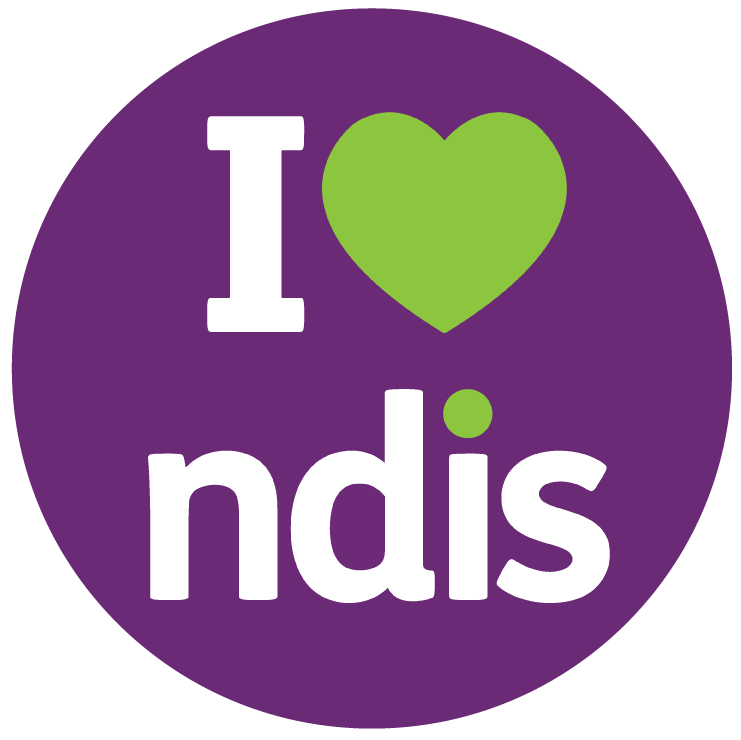If you receive disability support in Australia, it’s important to know what quality of service you deserve. The Six National Standards for Disability Services (NSDS) were created to make sure that every person with disability gets fair, safe, and respectful support — no matter who provides it.
Whether you’re an NDIS participant, a carer, or a family member, this guide explains each of the six standards in plain English and helps you understand what to expect from your provider.
Why the National Standards Matter
The NSDS were developed by the Australian Government Department of Social Services to improve how disability supports are delivered across the country.
These standards:
- Promote choice, control, and independence
- Ensure people are treated with dignity and respect
- Help providers deliver consistent, high-quality services
- Support a culture of accountability and improvement
When your service provider follows these standards, you can trust that you’re receiving care that meets Australia’s best-practice guidelines.
The 6 National Standards for Disability Services
1️⃣ Rights
Your rights come first.
Every person with a disability has the right to be treated with respect, dignity, and fairness. You should always feel safe, heard, and free to make decisions about your life and the services you use.
What this means for you:
- You are supported to make your own choices
- You are free from abuse, neglect, or discrimination
- Your privacy and confidentiality are protected
Tip: If you ever feel your rights are not respected, you can raise a complaint with your provider or contact the NDIS Quality and Safeguards Commission.
2️⃣ Participation and Inclusion
You have the right to be part of your community. Service providers should encourage and support your involvement in local activities, work, volunteering, or social groups.
What this looks like in practice:
- Staff help you connect with your community
- Services are flexible and inclusive
- Your cultural and personal identity are respected
Goal: Create equal opportunities for everyone to participate fully in community life.
3️⃣ Individual Outcomes
Every person’s goals are different — your plan should reflect your ambitions. Providers should work with you to identify what matters most and support you in achieving it.
What this means:
- Services are tailored to your individual goals
- Progress is regularly reviewed and updated
- You are actively involved in decision-making
Example: If your goal is to find a job, your provider should help with skill-building, resume support, and workplace training opportunities.
4️⃣ Feedback and Complaints
Quality services always welcome feedback — good or bad. You should feel safe and supported when giving feedback or making a complaint.
Providers should:
- Have clear and easy ways to submit feedback
- Respond quickly and respectfully
- Use complaints to improve services
Tip: Giving feedback isn’t just your right — it helps shape better services for everyone.
Service Access
Everyone deserves fair and equal access to disability services. Providers must ensure their information and systems are easy to understand and accessible to all people, regardless of language, culture, or ability.
This means:
- Transparent eligibility and entry processes
- No unfair discrimination
- Information is available in plain English or other accessible formats
Goal: Make it easier for people with disabilities to find, start, and continue the services they need.
Service Management
Strong leadership and management create better outcomes. Providers are responsible for maintaining professional standards, safe practices, and a culture of continuous improvement.
You should expect:
- Skilled and trained staff
- Reliable service delivery
- Clear communication and accountability
- Continuous quality improvement
When management is strong, everyone benefits — from staff to participants.
How These Standards Connect With the NDIS
The National Disability Insurance Scheme (NDIS) is built on the same principles as the NSDS — independence, inclusion, and choice. Providers registered under the NDIS must follow the NDIS Practice Standards, which closely align with these six national standards.
By following them, providers show commitment to:
- Person-centred support
- Transparency
- Continuous improvement
- Participant safety and wellbeing
Key Takeaways
| Standard | Focus Area | What It Means for You |
| Rights | Respect & dignity | You are treated fairly and safely |
| Participation & Inclusion | Community involvement | You’re supported to take part in society |
| Individual Outcomes | Goal achievement | Services help you reach your goals |
| Feedback & Complaints | Open communication | You can safely share your opinions |
| Service Access | Fair entry | Services are easy to find and use |
| Service Management | Quality leadership | Your provider is professional and accountable |
Final Thoughts
Understanding your rights helps you make confident choices about your care and support. If your provider aligns with these six national standards, you’re more likely to receive quality, person-centred support that empowers you to live life your way.
If you’re looking for a trusted NDIS Plan Management provider, Axial Plan Management is here to help. We focus on transparency, responsiveness, and personalised support — so you can stay in control of your NDIS funds and your future.


